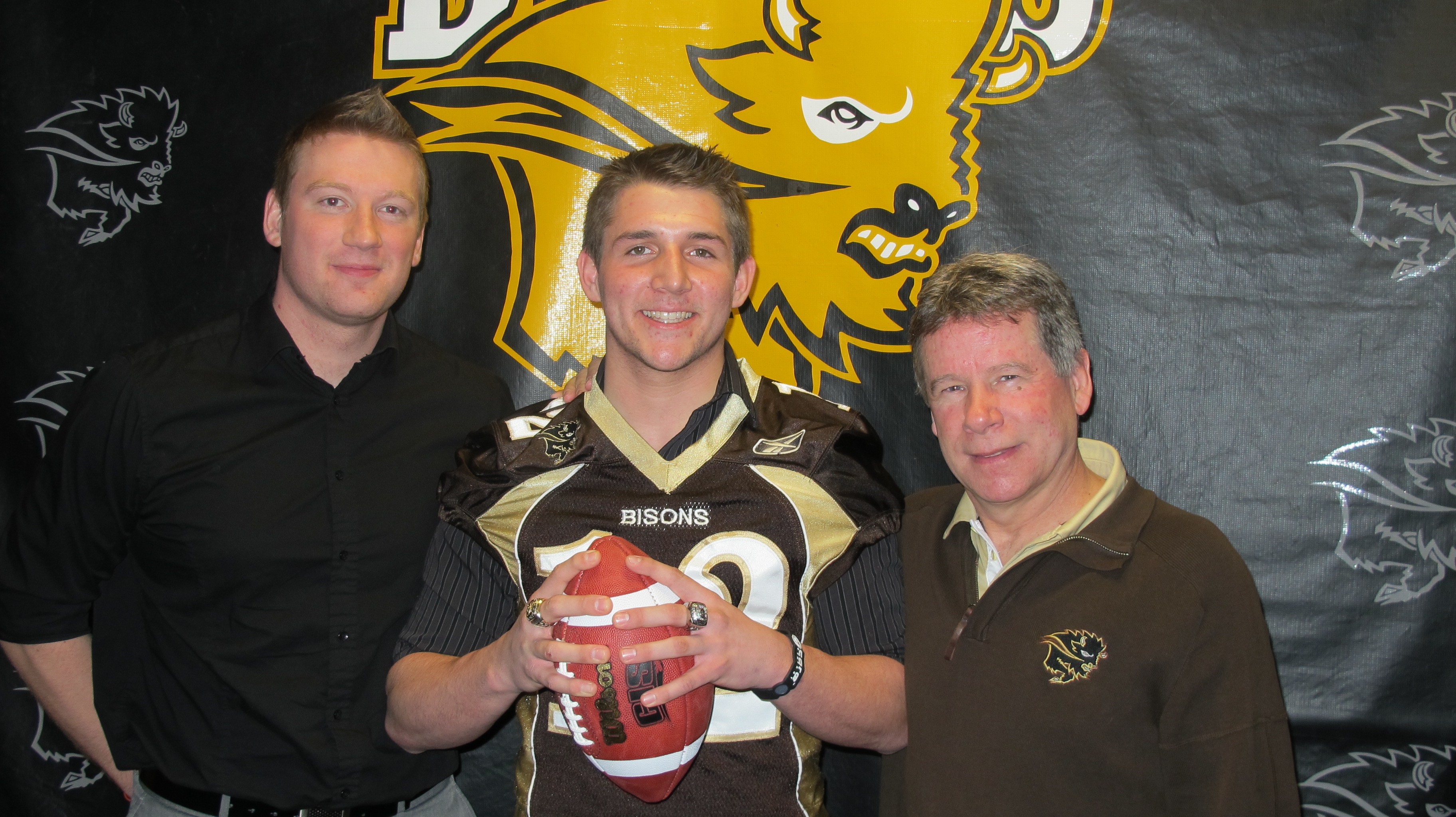The date is set, the time is certain and you’ve got the outfit selected, and there’s still that nagging feeling that lingers — what could it be? And then it hits you. You know deep down in your gut that by the time the night is over your heart will be broken. Why do we do this to ourselves — what is it that drives us to want after the most attractive people, who are only interested in hurting our delicate selves?
I suppose when it comes to dating we’re all a tiny bit masochistic, if not a lot. We’re programmed to go after the wrong kinds of people before we find what we really want. There is, of course, no research to support this — only the fact that it takes knowledge of the bad to be able to feel the good in life.
A lot of the crap we put ourselves through seems to be totally unnecessary, but when we look back, maybe not now and maybe not in 10 years, but eventually, we can say, “I’m glad I learned my lesson.” After all, we learn best by doing, not by reading a manual on how to avoid bad relationships.
But what about those couples we all encounter who are now married and were each other’s first relationships. How could any of these ideas possibly be applied there? The couples I have encountered personally like this, and they are few and far between, seem to have the most dysfunctional relationships. I mean, who really liked their first boyfriend or girlfriend? They were usually just the most convenient person at the time with whom to have a relationship and it meant almost nothing, since it was usually in the fourth grade. When these relationships do work out, though, and result in these people staying together for the rest of their lives, there is often infidelity. It would seem that when a person has not experienced other people prior to marrying someone, they feel it necessary to step out on their spouse and experience all that they think they’ve missed, while the other spouse is left painfully oblivious.
The unfortunate truth of dating in the time of the serial monogamist is that we must make mistakes in order to learn from them. We need to say the wrong things: say “I love you” with no reply, to refuse to reply when someone else says they love us, and any of the other possible faux pas. There is no such thing as an easy date, but the happy singles don’t seem to have it any better. They avoid dating because they think it’s easier to abstain than participate in the late-night fights and the slamming doors. But when the right person finally shows up, all the fights and the mistakes we’ve made before stop mattering, or are forgotten entirely.
Though we all may know the signs and symptoms of a bad relationship, and though we knowingly put ourselves through all this terrible imperfection, at least we know that mistakes are the greatest signs of progress — without mistakes can anyone be expected to learn not to make them?




